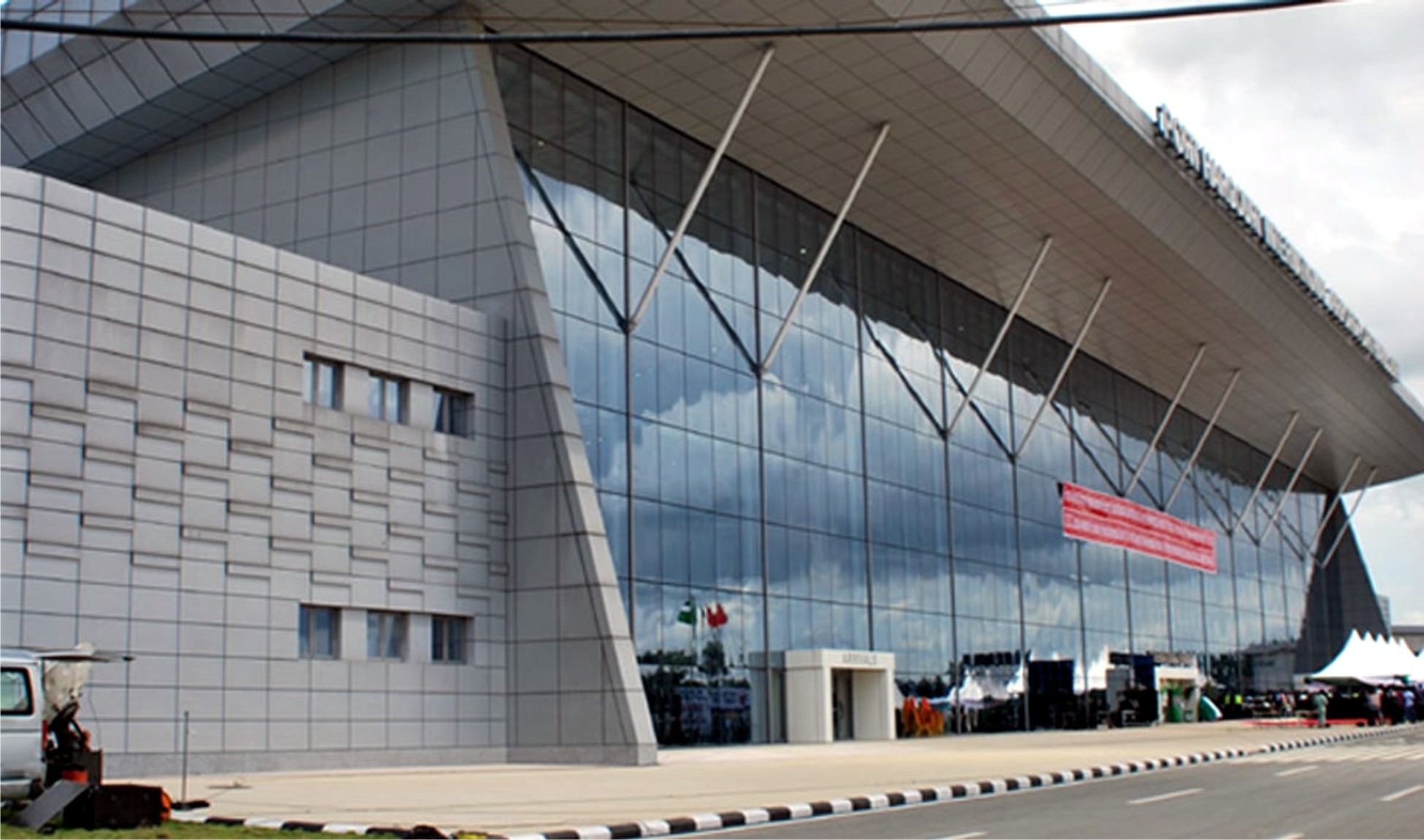Business
FAAN Denies Chinese Operating PH Airport Terminals

The Federal Airports Authority of Nigeria (FAAN) has denied the reports that the Chinese bank that facilitated the building of the international terminal of the Port Harcourt International Airport, Omagwa will manage the terminal.
The Tide reports that the airport terminals were built with the loan secured from the Chinese EximBank.
In a statement by its General Manager, Corporate Affairs, Mrs Henrietta Yakubu, FAAN explained that the terminals were built from the loan and that such loan will be paid back.
According to the statement, arrangements were made in agreement that as soon as the buildings were put into operations, that a gestation period will be given, and then payment on the loan will commence after.
“Nothing could be as further from the truth as the Chinese that built the airport terminals would now operate them until they recoup the money they spent on them, as many have been led to believe.
“There is nothing like the Chinese will run the terminal. They gave us loan to construct the terminals, and we are supposed to pay back this loan, so we are making arrangement to start payments as soon as the gestation period is over.
“They are not running or going to run the terminals, what we want to do with them is as usual,…so they will help us train our engineers and maintain the facilities for about a year, until the defect liability period is over.
“So, they have to be around until our people get used to these facilities as quickly as possible. The engineers and technicians will remain with our technicians and engineers over this period of defect liability period so that after that, they will have their hands off”, it stated.
FAAN maintained that such achievements would help achieve the goal of making Nigeria a regional hub as well as ensure that Nigeria moved towards achieving and meeting global aviation standard in facilitation, passenger processing and service delivery in line with international best practices.
By: Corlins Walter
Business
Two Federal Agencies Enter Pack On Expansion, Sustainable Electricity In Niger Delta

Business
Why The AI Boom May Extend The Reign Of Natural Gas

Business
Ogun To Join Oil-Producing States ……..As NNPCL Kicks Off Commercial Oil Production At Eba

-

 Sports3 days ago
Sports3 days ago2026 WC: Nigeria, DR Congo Awaits FIFA Verdict Today
-
Politics3 days ago
ADC, PDP, LP Missing As INEC Set For By- Elections In Rivers
-

 Environment3 days ago
Environment3 days agoOxfam, partners celebrate 5 years of climate governance programmes in Nigeria
-
Politics3 days ago
FG’s Economic Policies Not Working – APC Chieftain
-

 Politics3 days ago
Politics3 days ago2027: Diri Unveils RHA LG Coordinators, APC Congress Panel
-

 Politics3 days ago
Politics3 days agoReps To Meet,’Morrow Over INEC’s 2027 Election Timetable
-

 Politics3 days ago
Politics3 days agoGroup Continues Push For Real Time Election Results Transmission
-
Sports3 days ago
Sunderland Overcome Oxford Challenge

